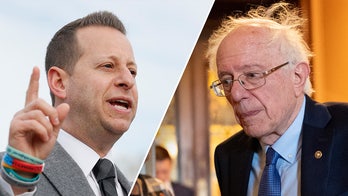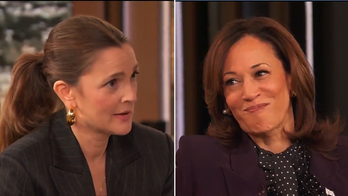George Washington University Law Professor Jonathan Turley believes Stormy Daniels' testimony in the Donald Trump hush money trial is not essential for a conviction, as the prosecution focuses on falsified business records rather than salacious details. Despite Daniels' admission of a consensual encounter, her credibility is questioned due to her conflicting statements and potential bias against Trump.

In a Manhattan criminal trial, Stormy Daniels provided graphic details of her alleged 2006 encounter with former President Donald Trump. The testimony, aimed at supporting her claim that Trump paid her $130,000 to silence her story, has sparked questions about her credibility.

Daniels testified that she and Trump met briefly at a golf tournament and had a consensual sexual encounter in his penthouse. However, she also admitted that she sought out Trump the following year and that he never pressured her into the act.
Experts have raised concerns about Daniels' credibility, given her history of making contradictory statements and her financial interest in portraying Trump negatively. She has filed a defamation lawsuit against Trump, which she lost, and faces significant financial penalties if she fails to pay a $241,000 judgment.

The defense has attacked Daniels' testimony, painting her as an angry and biased individual seeking revenge against Trump. They have pointed to her harsh responses to questions and her admission that she "hates" Trump.
Despite the salacious details of Daniels' testimony, legal experts believe that her account is unlikely to be decisive in the trial. The prosecution is primarily focused on proving that Trump and his former attorney, Michael Cohen, falsified business records related to the hush money payment.

Defense attorneys have filed a motion for a mistrial, arguing that Daniels' testimony was intentionally designed to inflame the jury and cause undue prejudice against Trump. However, the judge has denied the request, stating that the prosecution had a legitimate reason for eliciting the details.
The trial is expected to continue, with both the prosecution and defense presenting their cases. The jury will ultimately weigh the evidence and determine whether Trump and Cohen are guilty of the charges against them.
In addition to Daniels' testimony, the prosecution has presented evidence from Random House executives regarding Trump's book statements, which they claim corroborate their theory that Trump was aware of the hush money payments.
Experts believe that the case hinges on whether the jury finds that Trump knowingly falsified business records to conceal the payments made to Daniels. The outcome of the trial could have significant implications for Trump's future political aspirations and his legacy.










